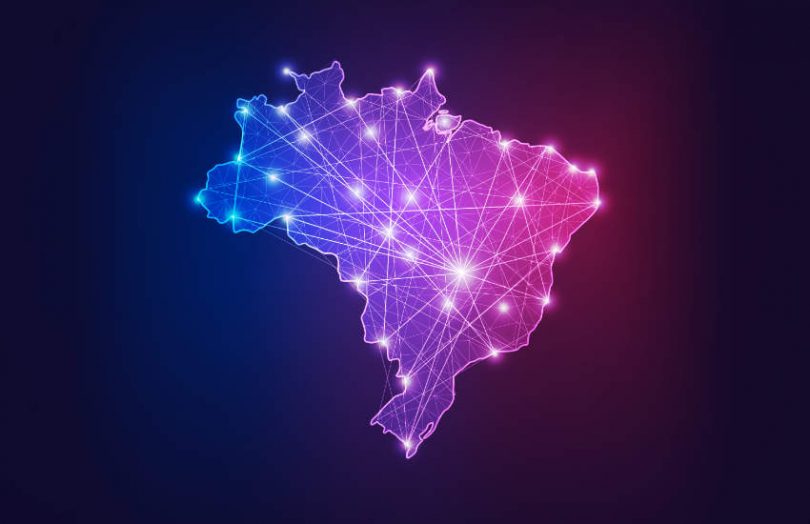On Monday, the Brazil Blockchain Network (RBB) was formally launched by Brazil’s national audit office (TCU) and its development bank BNDES to make it available to other public sector bodies. While initially the blockchain will be used to prevent public sector fraud and corruption, the organizations have innovative ideas in mind, including the potential for interacting with citizens in the metaverse.
From a corruption point of view, blockchain’s twin features of immutability and transparency provide a solution for rooting out bad actors. Fraudsters often like to cook the books, but it’s hard to do that after the fact when transactions are on the blockchain. And blockchain’s transparency means that dodgy transactions can be detected and is also a prevention measure that discourages fraudsters. However, while blockchain is a ‘single source of truth’, if false data is written to the chain in the first place, then fraud is still possible.
During the launch event for the blockchain network, executives discussed the concept of a hyperconnected government providing a common platform for sharing between different actors in the public sector.
NFTs, metaverse, DAOs and beyond
Many of blockchain’s most practical applications relate to traceability, but sexier applications involving non-fungible tokens (NFTs), the metaverse and decentralized autonomous organizations (DAOs) were also discussed as possibilities for the future.
NFTs were mentioned as a potential use case for digital identity. While they might be centrally issued, attestations could be provided by other government bodies.
One speaker even floated the idea that the government’s centralized authority could evolve and move away from being the center for all transactions. This leads to the mention of DAOs and the ability to decentralize decisions. The example given applied to schools and citizens choosing how to spend a school budget. They might choose between having more teachers, renovating the classroom, or providing better school transport to improve student attendance.
Separately Brazil’s government is exploring issuing a central bank digital currency (CBDC) or digital real, and it launched the Real Digital Lift Challenge to explore potential use cases. Another development bank, the Inter-American Development Bank (IDB), initiated LACChain to support the blockchain network for the Latin American and Caribbean regions.







